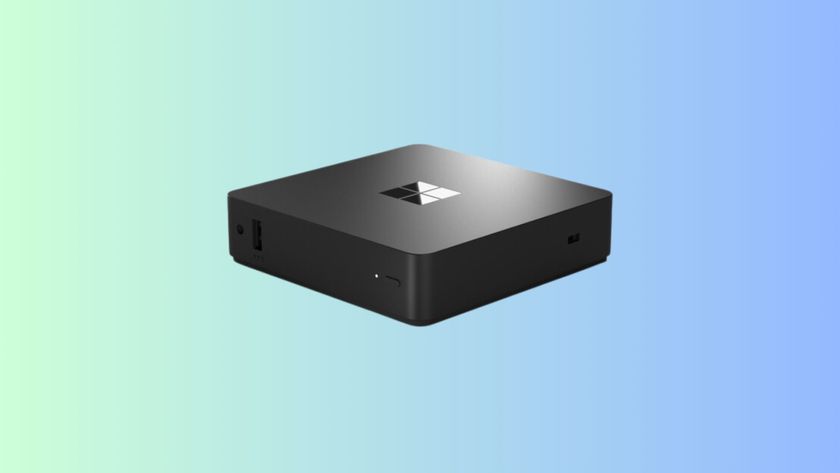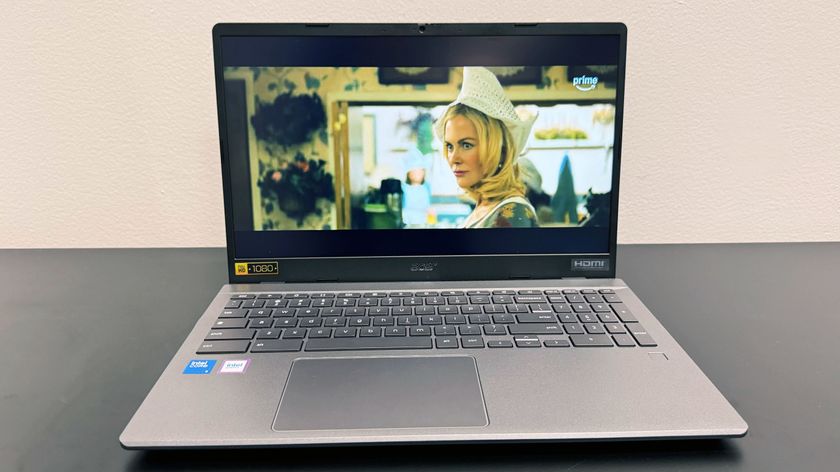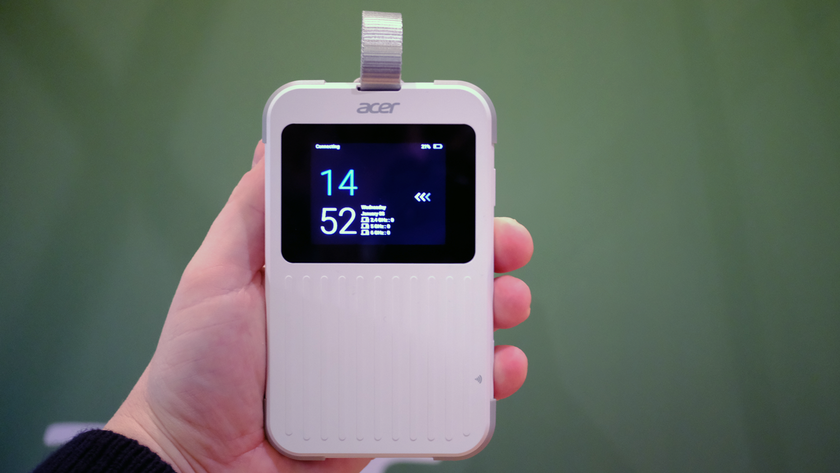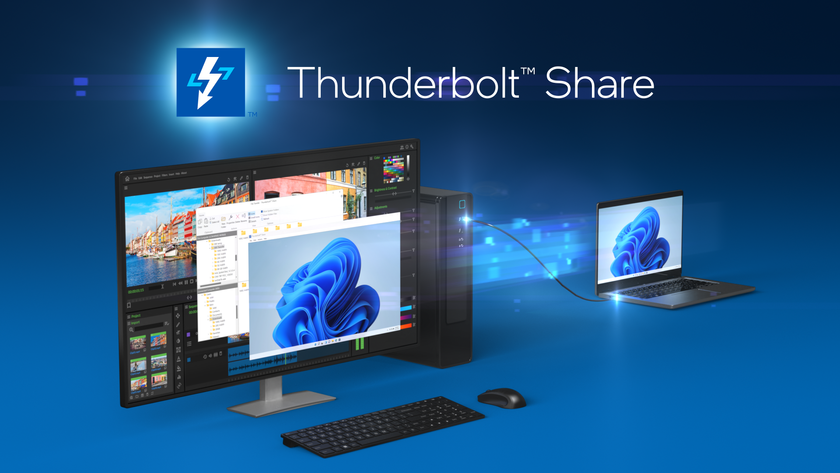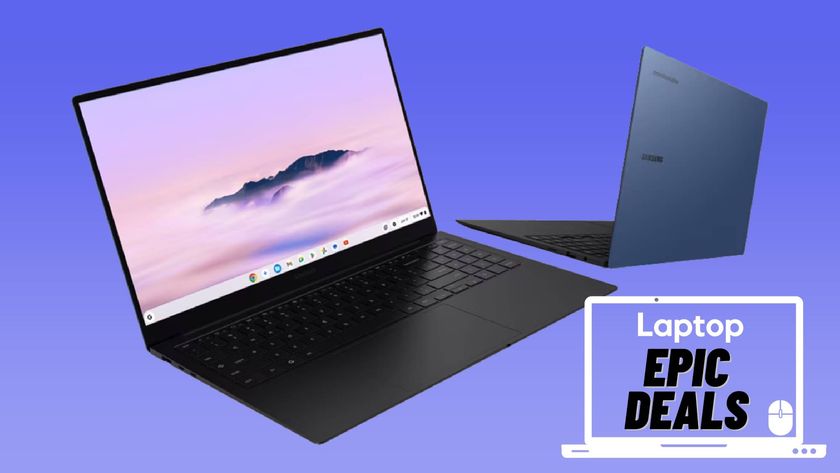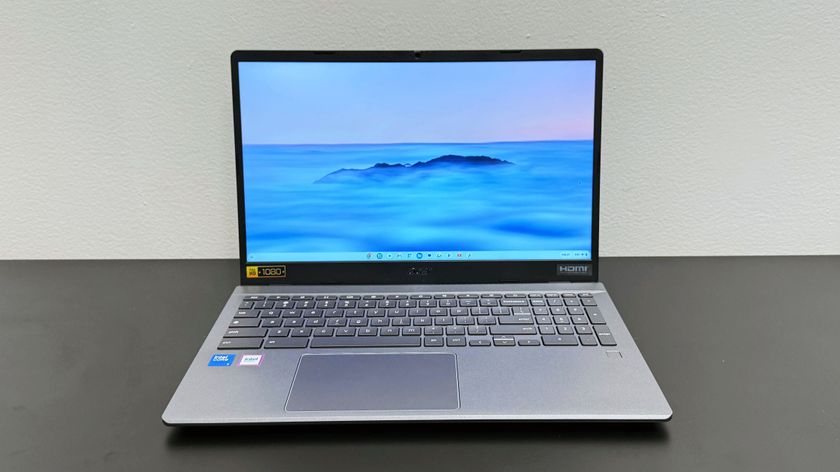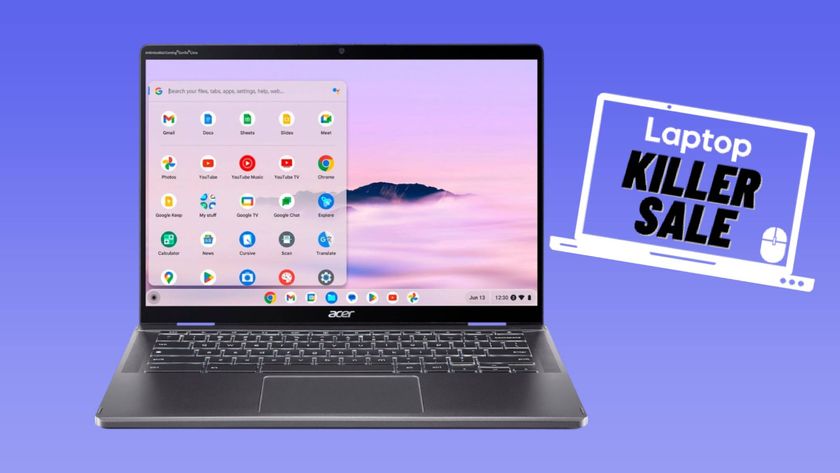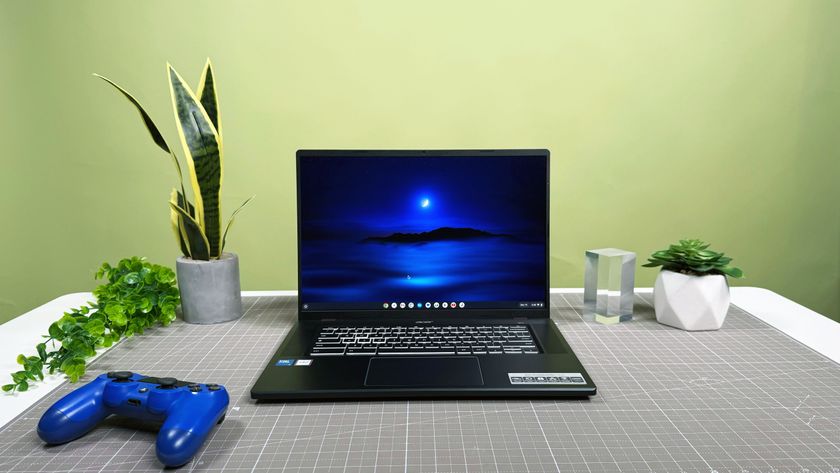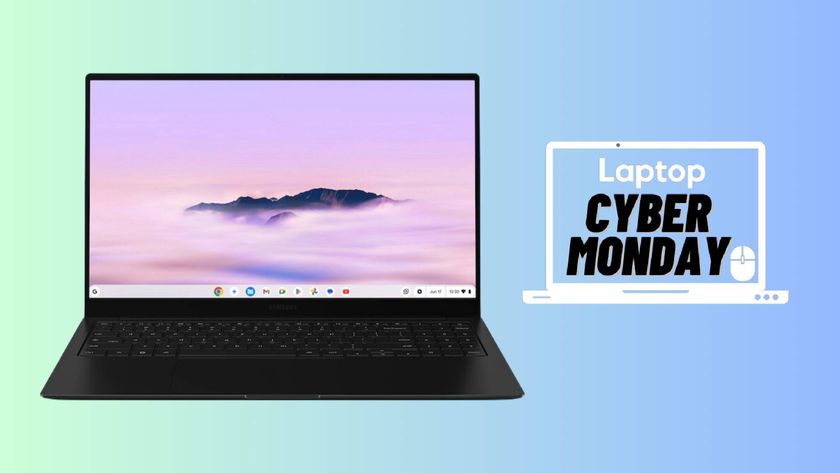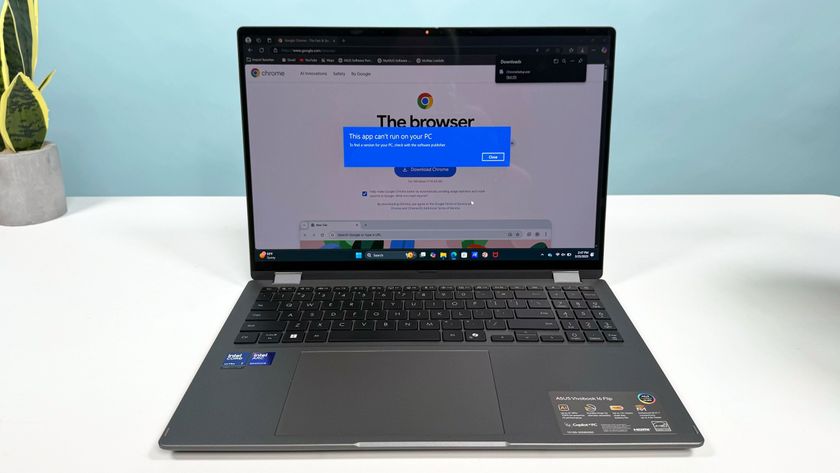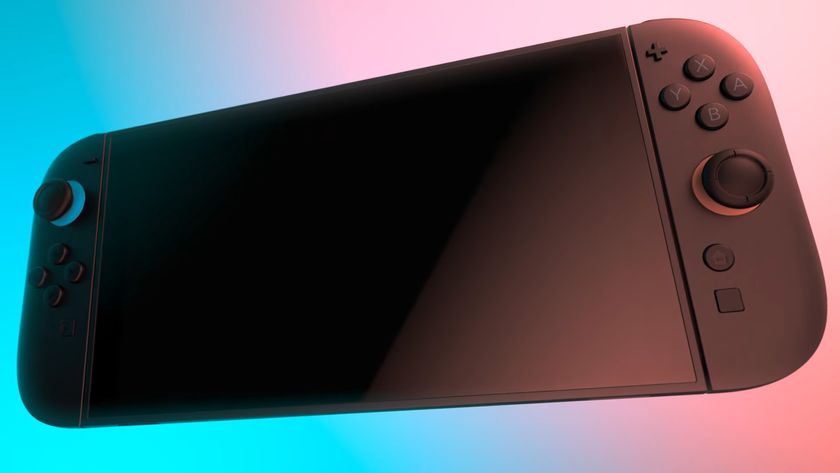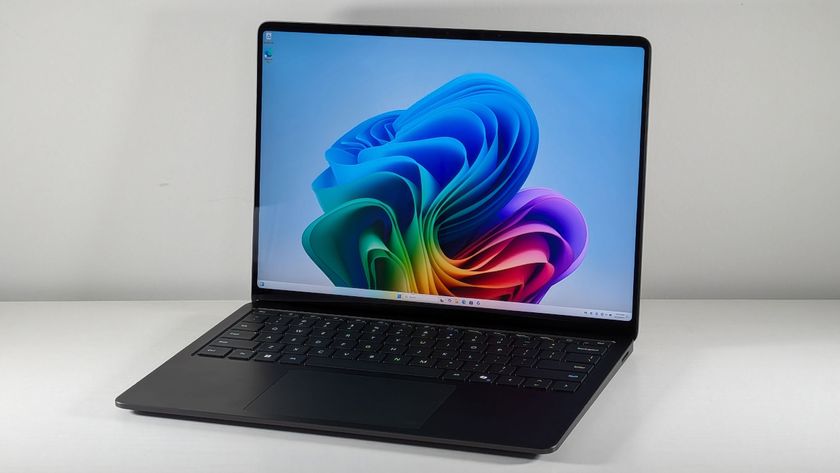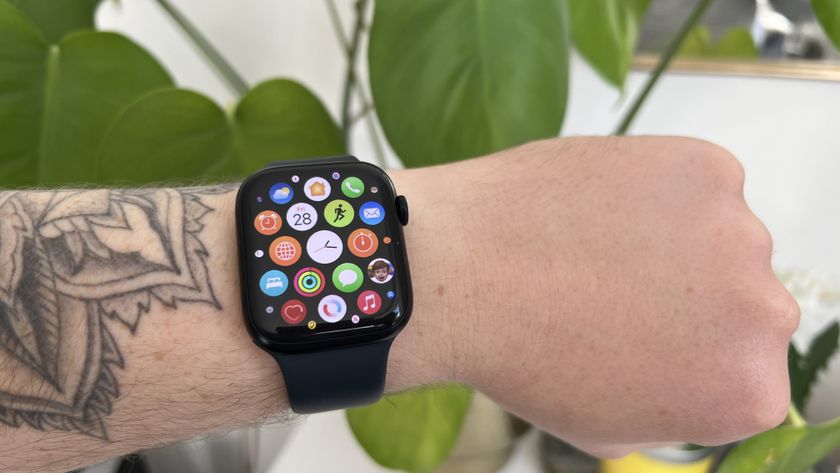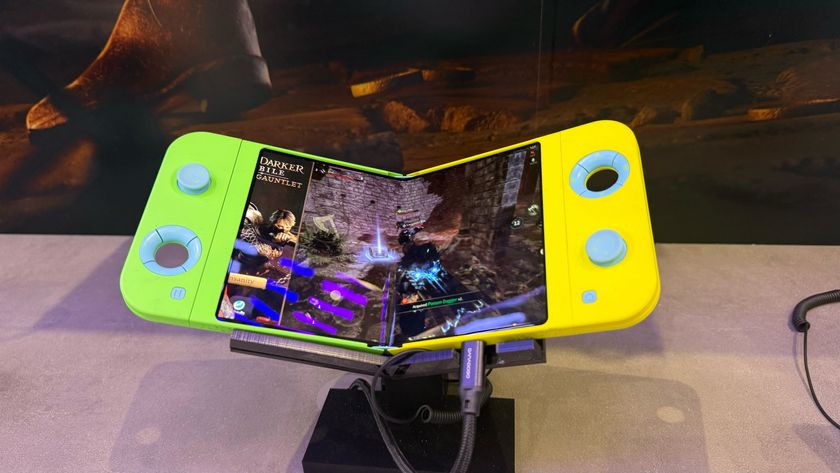Chromebooks could become your personal Wi-Fi hotspot — here's why it's needed
Chromebooks are nabbing a handy iPhone and Android phone feature

As demand for Chromebooks continues to grow, Google is expected to add a handy feature that allows owners to turn their Chromebook into a Wi-Fi hotspot for other devices.
This feature is largely used in iPhones and Android phones, especially when you're in need of Wi-Fi on a laptop and there are no free Wi-Fi networks to connect to. A select number of Chromebooks come with 5G or LTE mobile data, allowing users to go online without a Wi-Fi connection. While this is great for traveling business users and people on the move, Google is looking to step it up a notch by allowing these Chromebooks to become a Wi-Fi hotspot host for other devices.
Spotted in Chromium Gerrit by 9to5Google, an upcoming update "enables the Chromebook to share its cellular internet connection to other devices through WiFi." Currently, the new flag in ChromeOS code is the only hint that a feature is in the works. Still, it makes sense that Chromebooks with mobile data would be able to share an internet connection, turning these models into a more viable option.
Windows laptops have the ability to be turned into a Wi-Fi hotspot, and Mac owners can share their internet connection with other network users. Bringing this option to Chromebook users will be a small but important step, especially since they fall into the more affordable laptop category and come with substantial battery life. In fact, the Acer Chromebook 514 lasted an entire 14 hours and 8 minutes on a single charge.
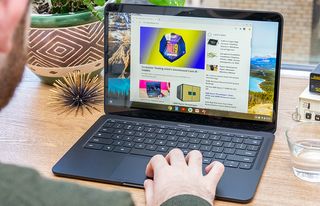
The feature has yet to be tested, so there's no telling if enabling the Wi-Fi hotspot will significantly drain a Chromebooks battery. Of course, this depends on each make, but allowing your Chromebook to become a personal Wi-Fi hotspot to connect a phone or tablet to its mobile network makes sense. It beats draining your smartphone's battery while you're out and about.
If it does roll out, there's reason to believe it would act like how it would be used on an Android device. Users would be able to toggle the Wi-Fi hotspot on or off, and users could change its name and password.
It's unclear when the feature will be available, so sit tight. In the meantime, check out all you need to know about a Chromebook and why you should buy one. Plus, find out which is better for work, an iPad or a Chromebook?
Stay in the know with Laptop Mag
Get our in-depth reviews, helpful tips, great deals, and the biggest news stories delivered to your inbox.

Darragh Murphy is fascinated by all things bizarre, which usually leads to assorted coverage varying from washing machines designed for AirPods to the mischievous world of cyberattacks. Whether it's connecting Scar from The Lion King to two-factor authentication or turning his love for gadgets into a fabricated rap battle from 8 Mile, he believes there’s always a quirky spin to be made. With a Master’s degree in Magazine Journalism from The University of Sheffield, along with short stints at Kerrang! and Exposed Magazine, Darragh started his career writing about the tech industry at Time Out Dubai and ShortList Dubai, covering everything from the latest iPhone models and Huawei laptops to massive Esports events in the Middle East. Now, he can be found proudly diving into gaming, gadgets, and letting readers know the joys of docking stations for Laptop Mag.
